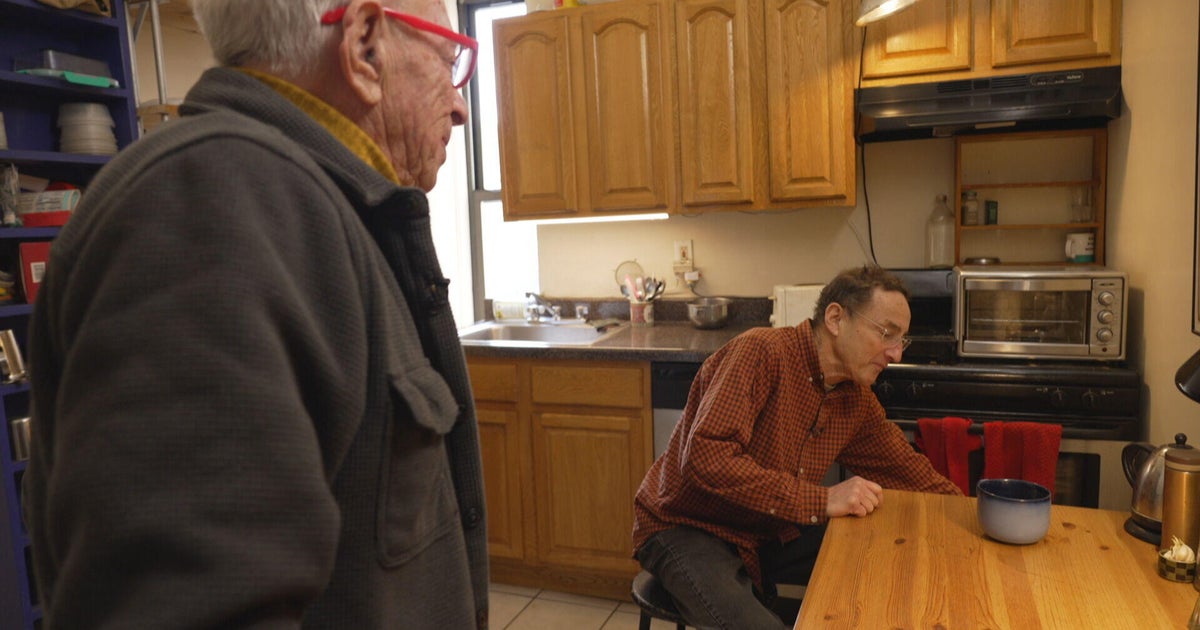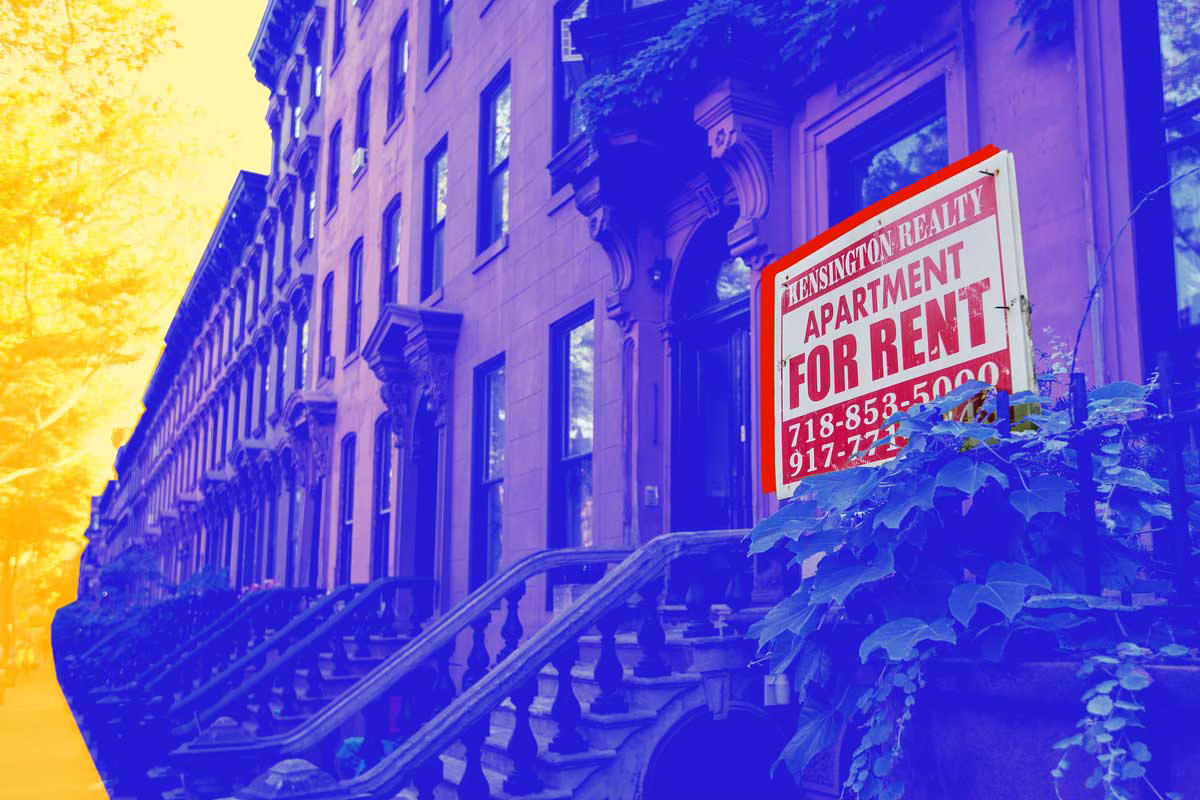Apartment rent prices fall as new units hit market
Apartment rental prices have dropped in every major metropolitan region across the U.S. over the past seven months as the largest batch of new housing in almost 40 years hits markets across the country.
After surging for much of the past two years, rents fell every month from last August to January — the first consistent six-month rent price decline in the past six years, according to data estimates from apartment listing website Apartment List.
While that trend briefly reversed this month with rental prices ticking back up slightly, rental prices remain down from where they were last summer.
Rents for new leases have fallen most steeply in some of the U.S.' largest metropolitan areas within the past half year. Rents in Boston fell 6%, while rents in Las Vegas and Los Angeles dropped roughly 5%, according to Apartment List. In the Boston metro area, the median rent was $2,058, while the median rent in the Las Vegas and Los Angeles metropolitan regions were $1,491 and $1,660, respectively.
The rental price drop follows an explosion in housing demand triggered by the pandemic, when stay-at-home orders and the rise of work-from-home options prompted Americans to spend more time at home and reevaluate their living arrangements. The national median rent shot up 17.6% in 2021 alone, according to Apartment List data.
However, the latest drop rents could signal that housing demand is now moderating. In recent months, layoffs have slammed industries from tech to finance, and prices for basic goods like groceries remain elevated as the cost of living keeps rising. As a result, many would-be renters are reconsidering how much of their salaries they're willing to allocate toward housing, while others move back in with family members to save money.
The fall in rental prices may also be a result of fresh housing stock hitting the market this year. Nearly 600,000 new units will be listed this year, according to projections from RealPage, a property-management software company. The delivery of new housing is a result of developers' efforts to cash in on a pandemic boom in rental prices. During the pandemic, the cost of buying a house increased roughly 32% from March 2020 to December 2022, leaving many low and middle-income people with no choice but to rent. And with the Federal Reserve hiking interest rates, mortgage rates have soared, making renting an even more compelling option for those on a budget.
The abundance of rental apartments could also drive prices down in the coming months as an increase in renters' options could force landlords to price their apartments more competitively.
Among landlords, the competition for renters is already stiff. The number of apartment tenants who renewed their leases fell to 52% last month, the lowest level for January since 2018, according to RealPage. The numbers signal that renters now have more power and choice in where they will live and how much they will pay.



